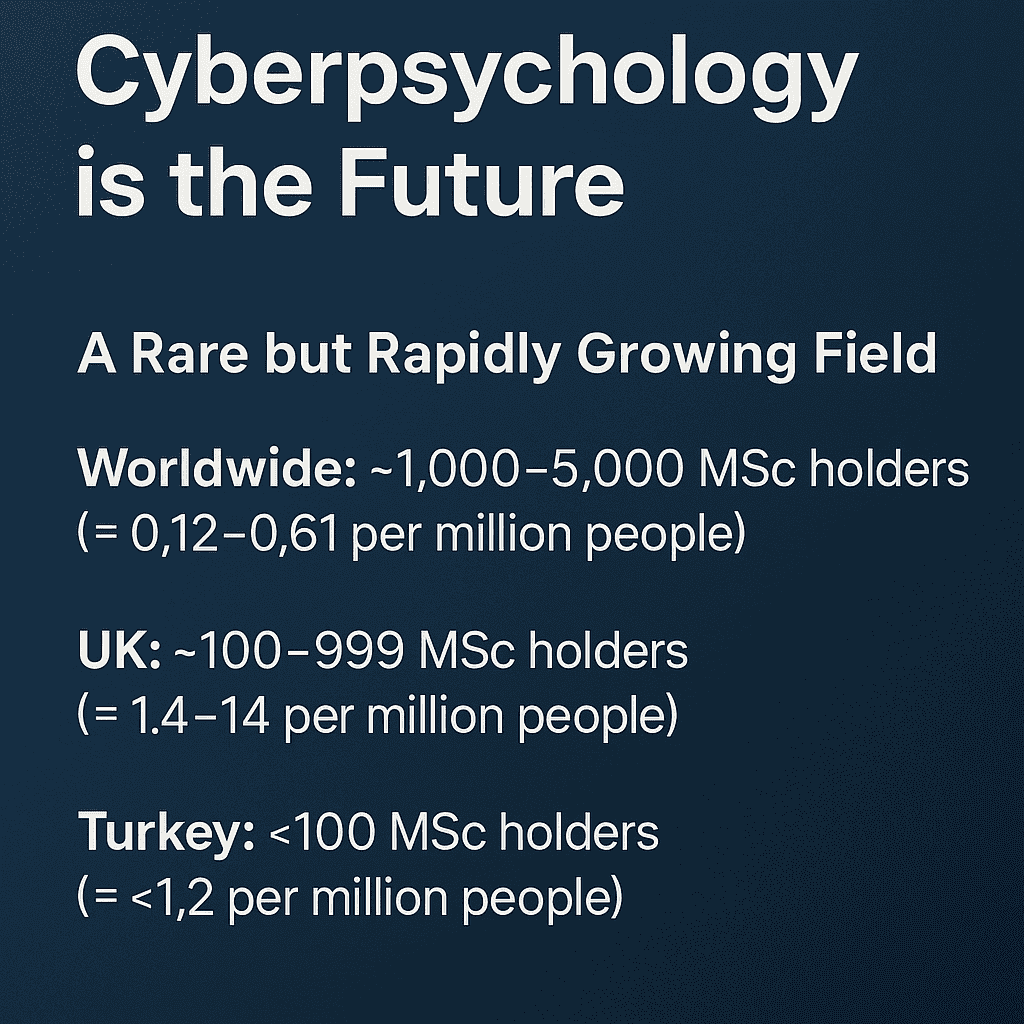When people discuss cybersecurity, they often envision firewalls, encryption, and extensive lines of code. But the truth is simpler and more human. Most breaches, compromises, and failures occur because of people and not just the dreaded “human error”. That’s why Cyberpsychology, the science of how humans interact with technology, is fast becoming one of the most important fields in the digital age.
Continue reading “Cyberpsychology is the Future”Recoverability Is Culture, Not Code
Recoverability is too often treated as a checklist of systems and backups, but in reality, it lives and dies by culture. This piece reframes recoverability as a human and organisational challenge, shaped by trust, clarity, ownership, and adaptability. It draws on psychology and real-world failure scenarios to show that the ability to bounce back doesn’t depend on tools alone; it depends on how people behave under pressure.
Continue reading “Recoverability Is Culture, Not Code”Resilience Is a Feeling Before It’s a Fact
Resilience isn’t just a technical attribute, it’s psychological. This article explores how perception, mindset, and emotional readiness play a central role in an organisation’s ability to recover from a cyber incident. Drawing on behavioural science and frontline insights, it argues that confidence, clarity, and calm under pressure matter as much as infrastructure, and that resilience starts in the mind long before it shows in the metrics.
Continue reading “Resilience Is a Feeling Before It’s a Fact”Moving Psyber Inc Forward: Harnessing Human Factors for Cyber Resilience
In a digital era where cybersecurity threats grow more sophisticated by the day, resilience has never been more critical. At Psyber Inc., we’re not just focusing on technical defences, we’re rethinking how organizations recover and thrive after cyber incidents. Our innovative approach taps into an often-overlooked asset: the human element.
Continue reading “Moving Psyber Inc Forward: Harnessing Human Factors for Cyber Resilience”Human Factors and Cyber Psychology Applied to the NCSC’s Guidance on Risk Management
This article evaluates the NCSC’s Cybersecurity Risk Management Guidance through the lens of human factors and cyber psychology. While the framework excels in technical prevention, it falls short in addressing the human elements crucial to recovery, such as morale, stress, and organisational culture. Recommendations include integrating resilience-focused metrics, adapting attack trees for human-centric scenarios, balancing prevention with recovery, and leveraging cyber psychology insights. These enhancements would align the guidance with the realities of human behaviour, creating a more effective and comprehensive approach to cyber risk management.
Continue reading “Human Factors and Cyber Psychology Applied to the NCSC’s Guidance on Risk Management”



